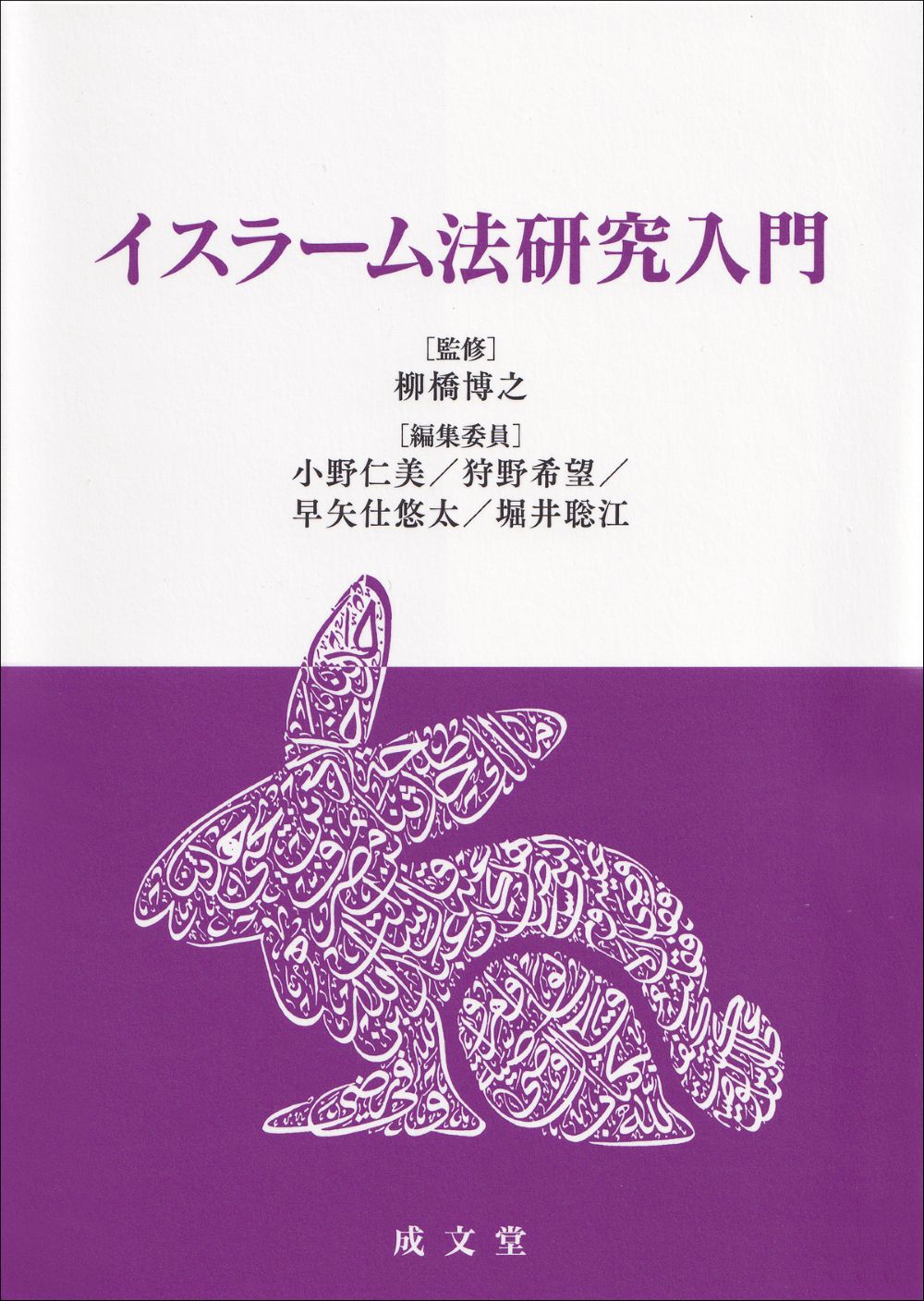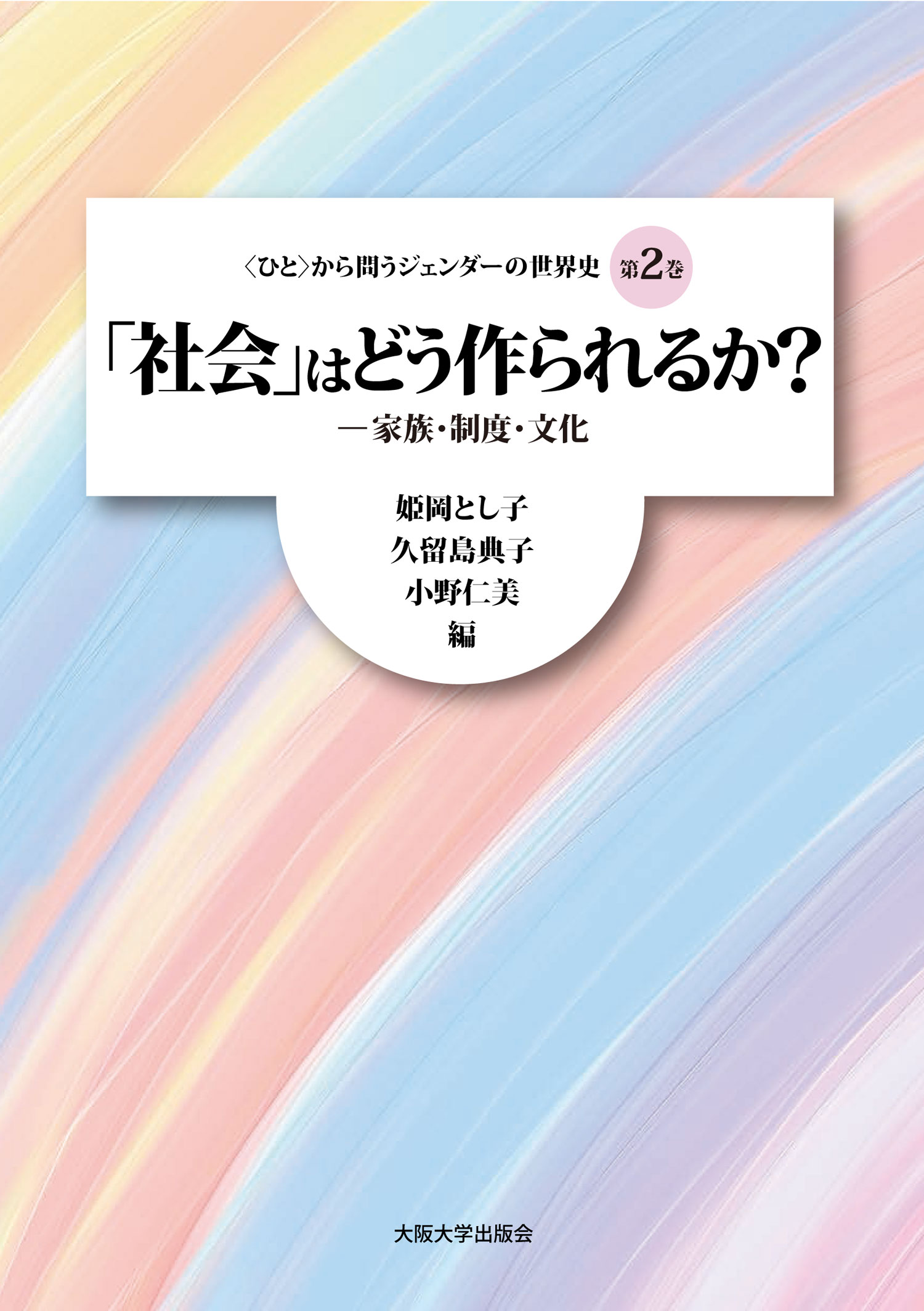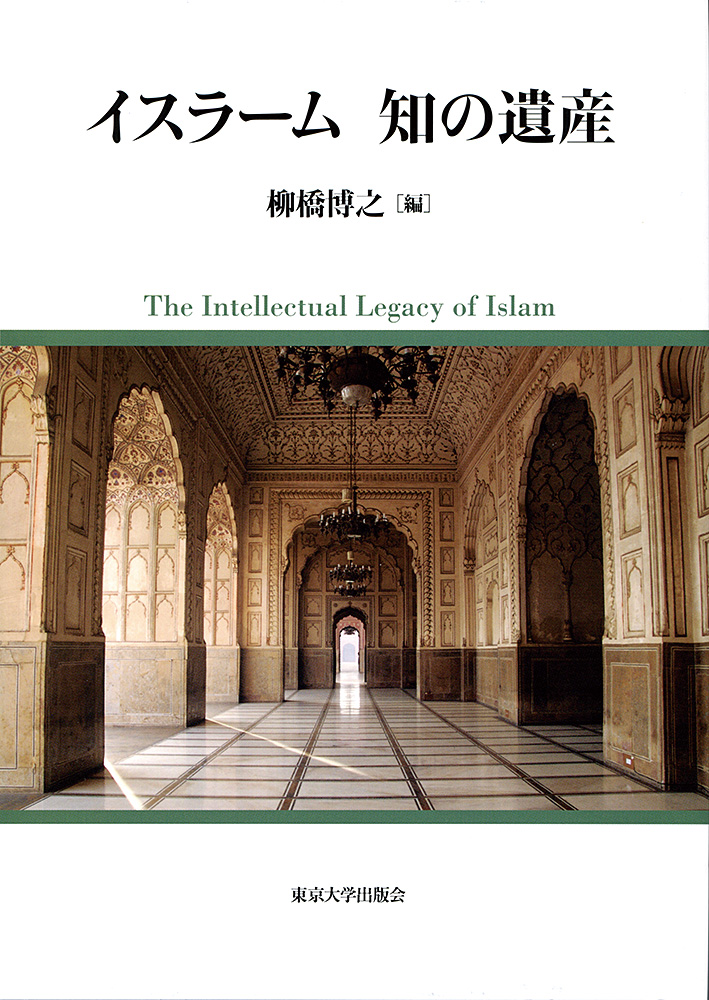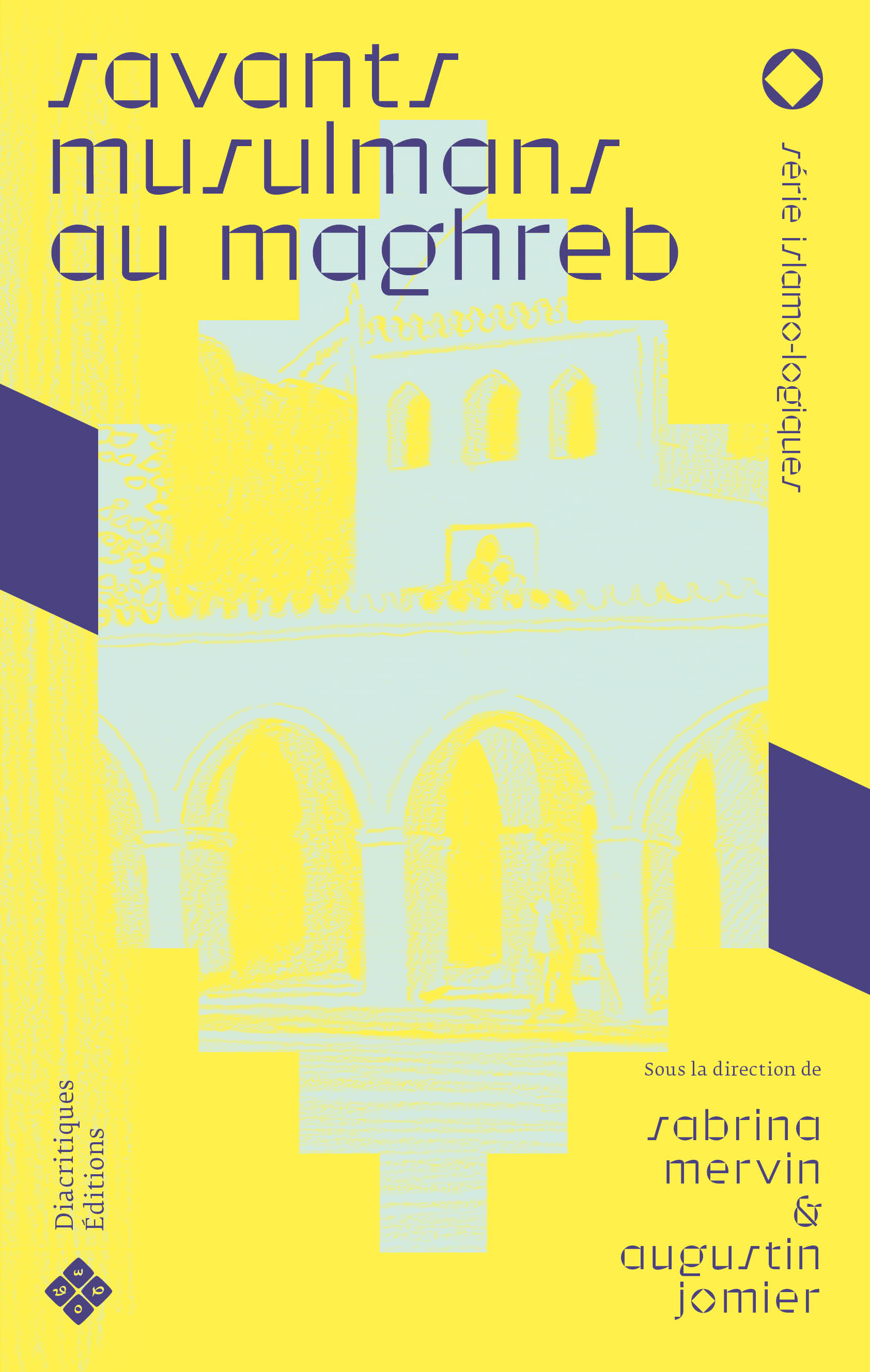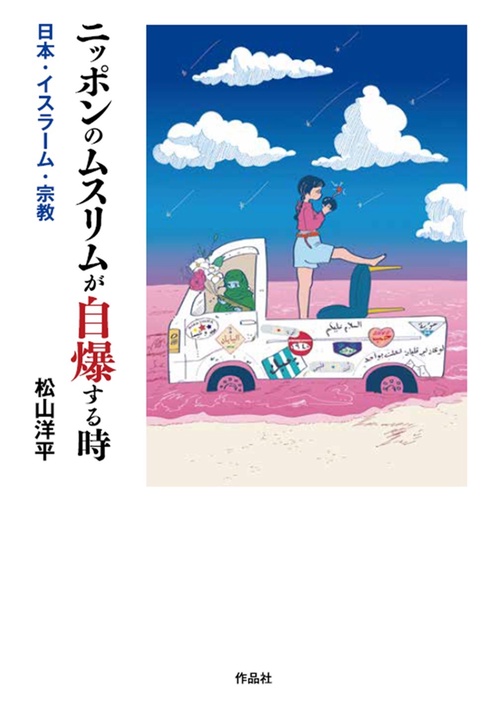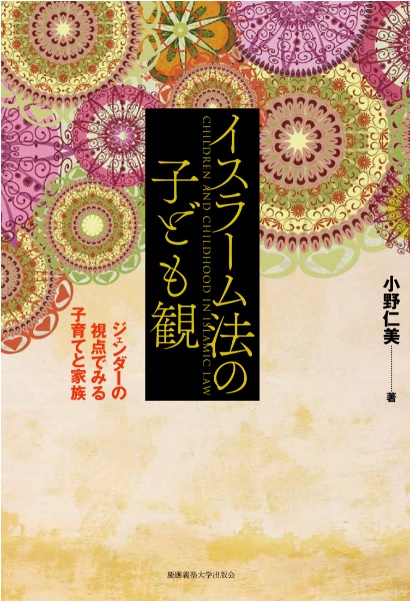
Title
Islam-ho no Kodomo-kan (Children and Childhood in Islamic Law - Childrearing and Family from Gender Perspective)
Size
288 pages, A5 format, hardcover
Language
Japanese
Released
November 30, 2019
ISBN
978-4-7664-2641-0
Published by
Keio University Press
Book Info
See Book Availability at Library
Japanese Page
Islamic law, or the understanding of Shari'ah, is seen as a God-given guide for human behavior. How are “children” regarded in it? This book explores the treatises of classical Islamic jurisprudence written in various parts of the Islamic world from the ninth to the nineteenth century A.D. as source material regarding how Islamic jurists envisioned child-rearing and the family.
The term “child” in this book refers to children raised by their fathers and mothers, as well as minors before reaching puberty. The definition of adulthood in Islamic law is based on physical maturity, i.e., the onset of menstruation for women, and the first ejaculation for men. Only after reaching puberty is a person obligated to obey Shari'a, which is a divine decree not subject to children. Despite this, Islamic law is replete with provisions related to children, showing how parents and other adults should treat children.
Using historical documents such as diaries, letters, and paintings in his famous book, L'enfant et la vie familiale sous l'ancien régime (The Child and Family Life in the Ancien Régime (published in 1960), Philippe Ariès has shown that the concept of the child in Europe is a product of modern times, and that children in the Middle Ages were neither nurtured by families, nor educated in schools. In the Islamic world, there is a shortage of historical records that can vividly capture such daily life. However, by reading the classical Islamic law texts, which are the core of Islamic studies, together with several other historical documents, we can see how Muslims viewed children.
The first chapter of my book focuses on the legal capacity of children according to the stages of development from birth to adulthood. I examined how jurists regarded and classified children. The second and third chapters discusses the father's great authority and responsibility for the child, the mother's rights and duties, and how motherhood is perceived. There are also references to love for the child and “the interests of the child.” Finally, in the fourth chapter, I introduced Qur'anic education, the first step in educating children, and the descriptions of the jurists' views on education and its contents.
The publication of this book has created opportunities for comparative research in various fields, including history, education, cultural anthropology, and law, between the Islamic world and other regions, such as Japan and the West. It is most grateful for me to broaden research from a gender perspective beyond my field of expertise.
(Written by ONO Hitomi, Assistant Professor, Graduate School of Humanities and Sociology / 2021)
Related Info
2020 15th Women’s History Award Ceremony (Center for Gender and Women’s Culture in Asia, Nara Women’s University Oct 20th, 2020)
https://nwugender.wordpress.com/2020/12/09/event-2020-15th-womens-history-award-ceremony/



 Find a book
Find a book


 eBook
eBook